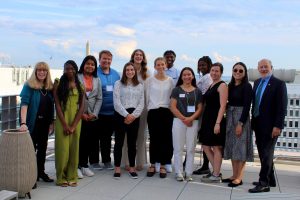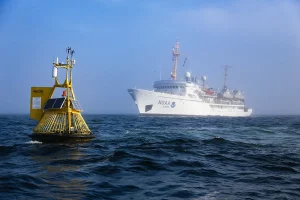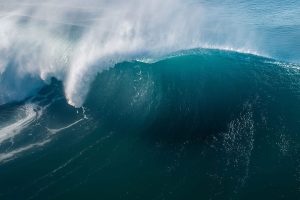
Student opportunity – young changemakers fellowship
NOAA is pleased to announce the launch of the NOAA Young Changemakers Fellowship application for the 2024-2025 school year. This program is designed for current high school students who are passionate





